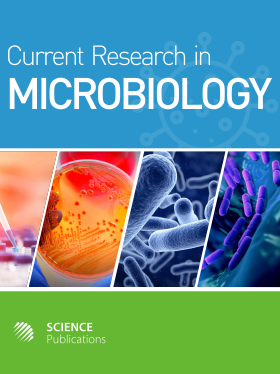Isolation of Amylolytic Bacteria from Viscera of Labeo rohita (Ham.) and Optimization of Alpha Amylase Extraction
- 1 Gauhati University, India
Abstract
Problem statement: Fish is largely consumed in the north-eastern part of India resulting in the generation of huge amount of fish viscera in the market places. These waste generated is not properly managed for disposal. Under such circumstances it is necessary to properly utilize this waste regenerating the possibility of environment friendly disposal. Besides, industrially and commercially useful biological products like enzymes can be obtained from these sources which, therefore, can benefit the human society through proper exploitation utilizing modern technological innovations. Although there are well established commercially viable protocols for large scale production of α- amylase, but it is a known fact that it requires extensive infrastructure including microbial culture laboratory and large scale processes for providing optimum conditions to industrially important microbes for the production of enzymes at an industrial scale. This requires huge expanses in terms of money and time. Approach: In the present investigations, we report the development of optimized parameters for the extraction of α-amylase from the viscera of Labeo rohita (Ham.) after isolation and screening of amylolytic bacteria from the viscera of Labeo rohita (Ham.). The potent amylolytic bacterial isolate was subjected to solid substrate fermentation to enhance the production of α-amylase. Results: Optimization of different parameters during solid state fermentation enhanced the expression of the enzyme activity from 24.75-60.2 Unit g−1. Out of 15 amylolytic bacterial isolates obtained in the following studies, Bacillus megaterium showed the highest amylolytic activity (11 Unit g−1) when wheat bran was used as the carbon substrate during fermentation for 5 days at 37°C. Conclusion: This report support the proper use of human generated biological wastes for developing low cost technology in producing commercially viable and economically important biological molecules like enzymes for human benefit.
DOI: https://doi.org/10.3844/ajmsp.2010.30.35

- 6,678 Views
- 4,935 Downloads
- 0 Citations
Download
Keywords
- α-Amylase
- amylolytic bacteria
- starch degradation
- Bacillus megaterium
- indigenous amylases
- Labeo rohita
- isolating amylases
- enzymatic activity
- amylolytic activity
